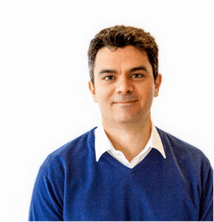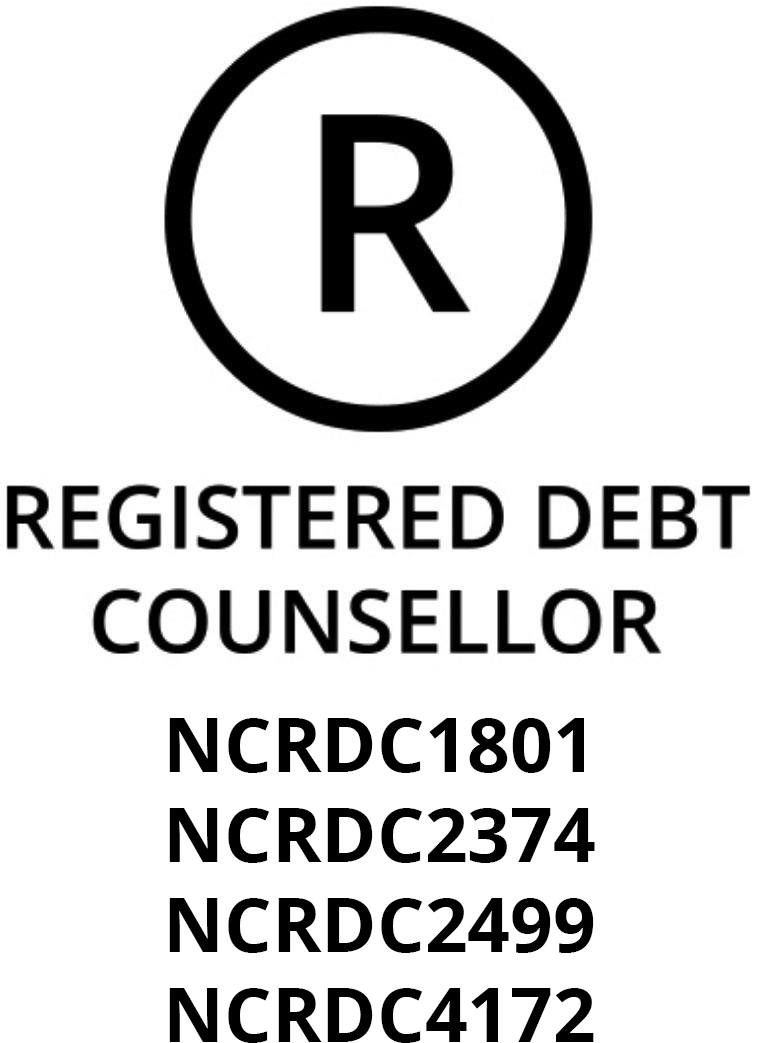This quarters debt index shows that there is notable increase in enquiries from South African consumers about debt counselling. Unfortunately, this was not surprising to DebtBusters, as the citizens faced tumultuous financial conditions both on an individual basis and a country wide level.
Gain access to more insights below:
Download the full Debt Index Q2 2022 here.
Based on the results from the report, DebtBusters said this to the public:
As interest rates, inflation increase more consumers seek help
Faced with the dual pressures of increasing interest rates and rising inflation and a diminished ability to borrow, more consumers are pro-actively seeking help.
Consequently, enquiries about debt counselling have increased by 17% compared to the second quarter of 2021.
This is according to DebtBusters’ most recent Debt Index for second quarter of 2022. The quarterly debt report is compiled from data provided by clients who have applied for debt counselling.
Benay Sager, head of DebtBusters says whatever the reasons, the fact that more consumers are actively seeking help is positive and that debt counselling is a tried-and-tested way of dealing with an unsustainable debt burden.
“Our recent Money-Stress Tracker survey showed that inflation was one of consumers’ top three financial concerns and has been cited as one of the main reasons for debt counselling enquiries.”
The Q2 2022 Debt Index showed that without any meaningful increase in real income South African consumers are still using unsecured debt to supplement their take-home pay. While the ability to take on new credit may now be somewhat more constrained, as the slight decline in unsecured debt levels indicates, the average loan size has increased by 28%.
When compared to 2016 data, the Debt Index shows that in Q2 2022 people who applied for debt counselling had:
- 34% less purchasing power: Nominal income was the same as 2016, but when cumulative inflation over the past six years is considered, purchasing power declined by 34%. Inflation in 2022 is significantly higher than any time since 2016. This combined with successive interest-rate increases and no income growth will intensify the pressure on consumers.
- Higher debt-service burden: Consumers applying for debt counselling are spending about 63% of take-home pay to service their debt. Those earning between R10 000 — R20 000 per month are most feeling the pressures of both interest and inflationary increases. The overall debt-to-income ratio for this group, at 127%, is close to the highest recorded.
- Higher levels of unsecured debt: Unsecured debt levels were on average 22% higher than Q2 2016, but slightly lower than 2021 levels.
“In these circumstances, consumers need to do everything possible to reduce the cost of credit and protect their assets. For most consumers in such a situation, debt counselling is the best option available,” says Sager.
Need debt counselling or consolidation?
Explore DebtBusters' solutions for reducing your interest rates and unlocking cash.
Find out moreIn the past six years the number of consumers who have successfully completed debt counselling increased 8.5 times. In Q2 2022 alone those who received their clearance certificates had paid back R370 million worth of debt to creditors.
“A significant advantage of debt counselling is that the interest rates on unsecured debt can be significantly reduced. This allows consumers to pay back expensive debt more quickly.”
Note to editors
DebtBusters is South Africa’s leading and largest debt counsellor and holds the 2021 Debt Review industry award for the best national debt counselling company — the sixth time it has won in eight years.
In addition to the quarterly Debt Index, DebtBusters released the first Money-stress Tracker survey in July. This is one of the largest surveys ever done in South Africa to determine how money-related stress impacts other aspects of life. More detail can be found here: DebtBusters’ Money-Stress Tracker uncovers SA’s financial concern

Benay Sager
Head of DebtBusters





